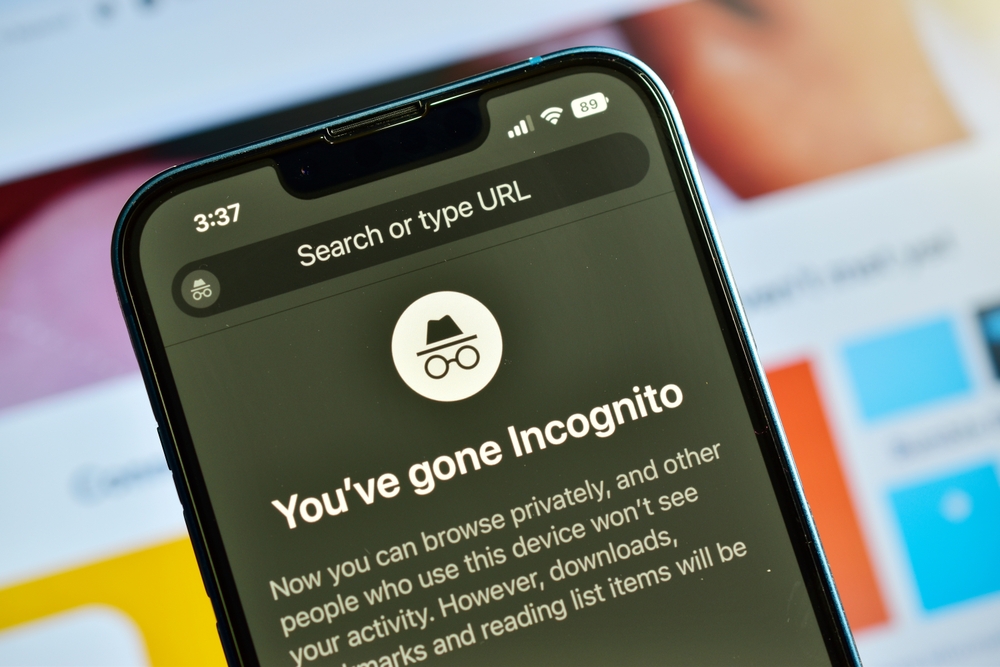Think You’re Invisible in Chrome’s Incognito Mode? Think Again!
It might not shock you, but while you were browsing in Chrome’s Incognito Mode, Google was still grabbing your private data. Now, a class-action lawsuit is stepping in, making Google wipe this data and tweak Chrome’s Incognito privacy settings to actually respect your privacy.
Ever since Chrome first rolled out Incognito Mode, it’s been pitched as the go-to for private browsing. But, to be real, it’s not the privacy fortress it’s made out to be. Sure, flipping on Incognito Mode means your better half won’t stumble upon your browsing history, and it kicks you into a session without your usual logins active. However, it falls short when it comes to shutting down trackers or beefing up your online anonymity.
Many users have a solid grasp on what Incognito Mode can and can’t do, knowing its limitations. Yet, a greater number of people are in the dark; they see the prompt that says, “now you can browse privately,” and take it at face value, believing they’ve achieved complete online invisibility.
In 2020, this gap in expectations versus reality took center stage in a legal battleground. Privacy enthusiasts pointed fingers at Google, arguing the tech giant was secretly gathering “private and sensitive information” from those using Incognito Mode. They claimed Google failed to properly inform users or obtain their approval before collecting data. This snooping was reportedly done via Google’s array of online services like Search and Maps, along with ad trackers placed on websites and Google’s own software installed on devices, including Android systems.
Even when you switch to Incognito Mode, Google employs the same techniques for collecting information as it does during regular browsing. The company acknowledges that it gathers details from users in Incognito, but they argue that this process is done with the user’s consent.
In a significant development, the lawsuit against Google has seemingly come to a conclusion with an agreement being reached. Under this settlement, Google has committed to either erasing or anonymizing all personal information collected during Incognito sessions prior to December 2023. Additionally, the tech giant will enhance privacy protections within Incognito Mode by setting it to automatically block third-party cookies. Those opting for Incognito Mode moving forward will also be greeted with a comprehensive breakdown of what the feature does and doesn’t offer in terms of privacy.
When it comes to the effects of this legal settlement, I’ve got to say, I’m a bit skeptical. There’s a lot we don’t know, like exactly which bits of data Google is getting rid of. Plus, if any of that info got passed along to advertisers or was used to tweak ad profiles, well, then the cat’s already out of the bag. Sure, Incognito Mode’s gotten a bit of an upgrade in security. Having it automatically block those external trackers is good news. It’s a move in the right direction, even though Chrome was kinda already heading that way. What with Google working on its Privacy Sandbox to change up how ads find us without being all up in our internet business.
For those truly worried about their online privacy, understand this—it takes more than just a few clicks to maintain it. Remember, Google stands as the globe’s premier advertising juggernaut. Their bread and butter lie in harvesting and monetizing user data. Thus, if Incognito Mode genuinely shielded you from all tracking, it’s questionable if it would even exist within Chrome. It’s crucial to approach online privacy with a discerning eye and proactive measures.

